- by Niyi Busari ,
- Feb 08, 2026
After World Cup Exit, Rebuilding Nigerian Football: A Call to Action For NSC And NFF
-
- by Niyi Busari,
- Nov 18, 2025
- in Nigeria
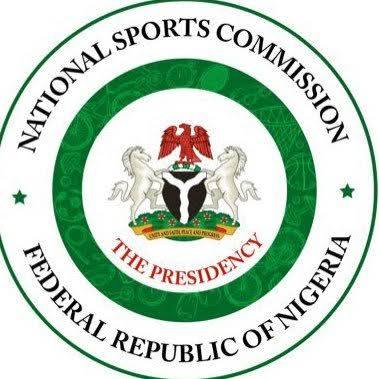
null
After World Cup Exit, Rebuilding Nigerian Football: A Call to Action For NSC And NFF
By Niyi Busari
Nigeria’s latest failure to qualify for the FIFA World Cup has reignited long-standing concerns about the leadership and direction of the country’s football administration. Many observers trace the roots of the current decline to September 30, 2014 the day Amaju Pinnick assumed office as president of the Nigeria Football Federation (NFF).
Pinnick inherited a system that, while imperfect, was undeniably productive. At the time, Nigerian football was riding a wave of continental and global success: the Super Eagles had won the 2013 Africa Cup of Nations, the Golden Eaglets were world champions in the same year, and plans were already in motion for the U-17 team that would later win the 2015 World Cup.
However, the momentum quickly unravelled. Under Pinnick, the Super Eagles failed to qualify for the 2015 and 2017 AFCON tournaments an astonishing collapse for a team recently crowned Africa’s best. The age-grade teams, historically the backbone of Nigeria’s talent development, also suffered. Since winning the U-17 World Cup in 2015, Nigeria has reached the tournament only once, underscoring a system that has lost its identity and production line.
In the absence of a functional youth system, Nigeria has increasingly relied on players developed abroad many with limited understanding of domestic football culture and some who only consider Nigeria after failing to secure opportunities in their countries of birth. Critics argue that the current NFF administration under Ibrahim Gusau has merely extended the structural failures of the previous era as Nigeria hardly qualify for international tournaments under his watch.
A Wake-Up Call
The Super Eagles’ inability to secure a 2026 World Cup ticket through the playoffs should be a turning point for every stakeholder in Nigerian football. Rebuilding must begin at home, with a deliberate effort to restore the local league as a credible, competitive talent factory.
A strong domestic league is the backbone of any successful national team. When foreign-based players struggle, the Nigeria Premier Football League (NPFL) should be able to supply quality, hungrier, and committed athletes ready to defend the nation’s colours.
Cleaning Up the NPFL
The issues plaguing the NPFL corruption, match manipulation, poor officiating must be tackled head-on. Officials found guilty of compromising the integrity of the league should be removed, while credible, competent, and patriotic individuals must be empowered to restore trust and professionalism.
Proposed Solutions
1. Rebuild Coaching Capacity:
The National Institute for Sports should develop a comprehensive coaching curriculum focused on nurturing coaches from the grassroots to elite levels.
2. Technical Capacity Development:
The NFF should establish a continuous development programme for national team coaches to equip them with modern tactical and technical knowledge.
3. Restore Incentives for Youth Teams:
The Federation should reinstate match bonuses for U-17 boys and women’s teams. Failure to pay coaches and staff promptly fosters corruption and weak commitment.
4. Strengthen Accountability and Oversight:
The National Sports Commission (NSC), as the supervisory body for sports in Nigeria, must ensure that government investments under President Bola Tinubu translate into tangible results.
Key responsibilities of the NSC include:
Policy formulation and oversight to ensure NFF compliance with national and international sports standards.
Funding and financial support for national teams, infrastructure, and grassroots programmes.
Direct support for national teams, including logistics, welfare, travel, and performance incentives across the Super Eagles, Super Falcons, age-grade teams, and other national squads.
The Path Forward
The decline in Nigerian football did not happen overnight, and recovery will require deliberate restructuring, transparency, and a renewed commitment to developing talent locally. If Nigeria intends to return to its rightful place on the African and global stage, bold reforms must begin now.


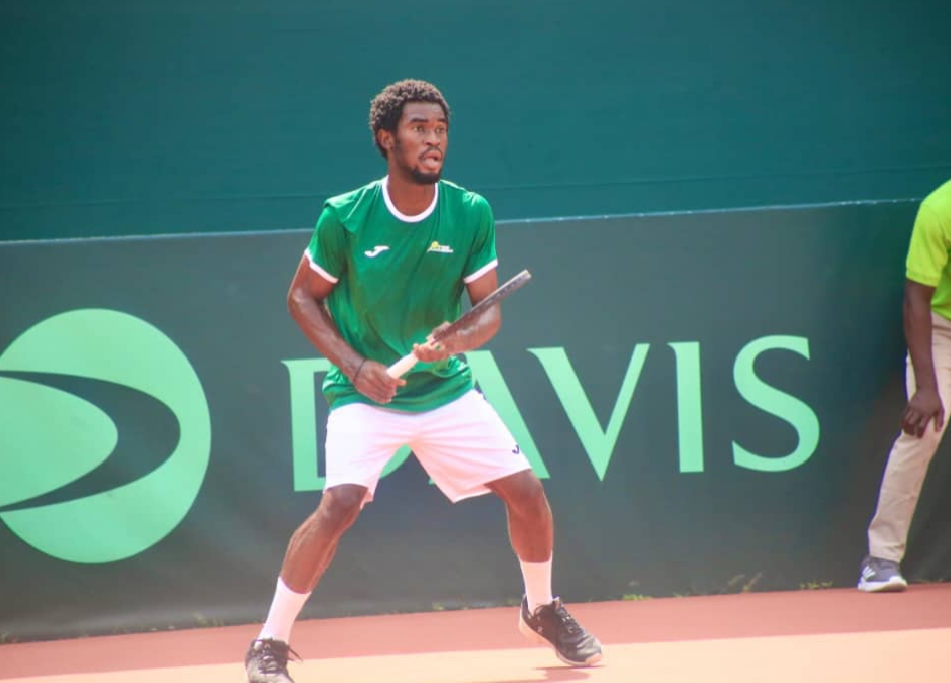
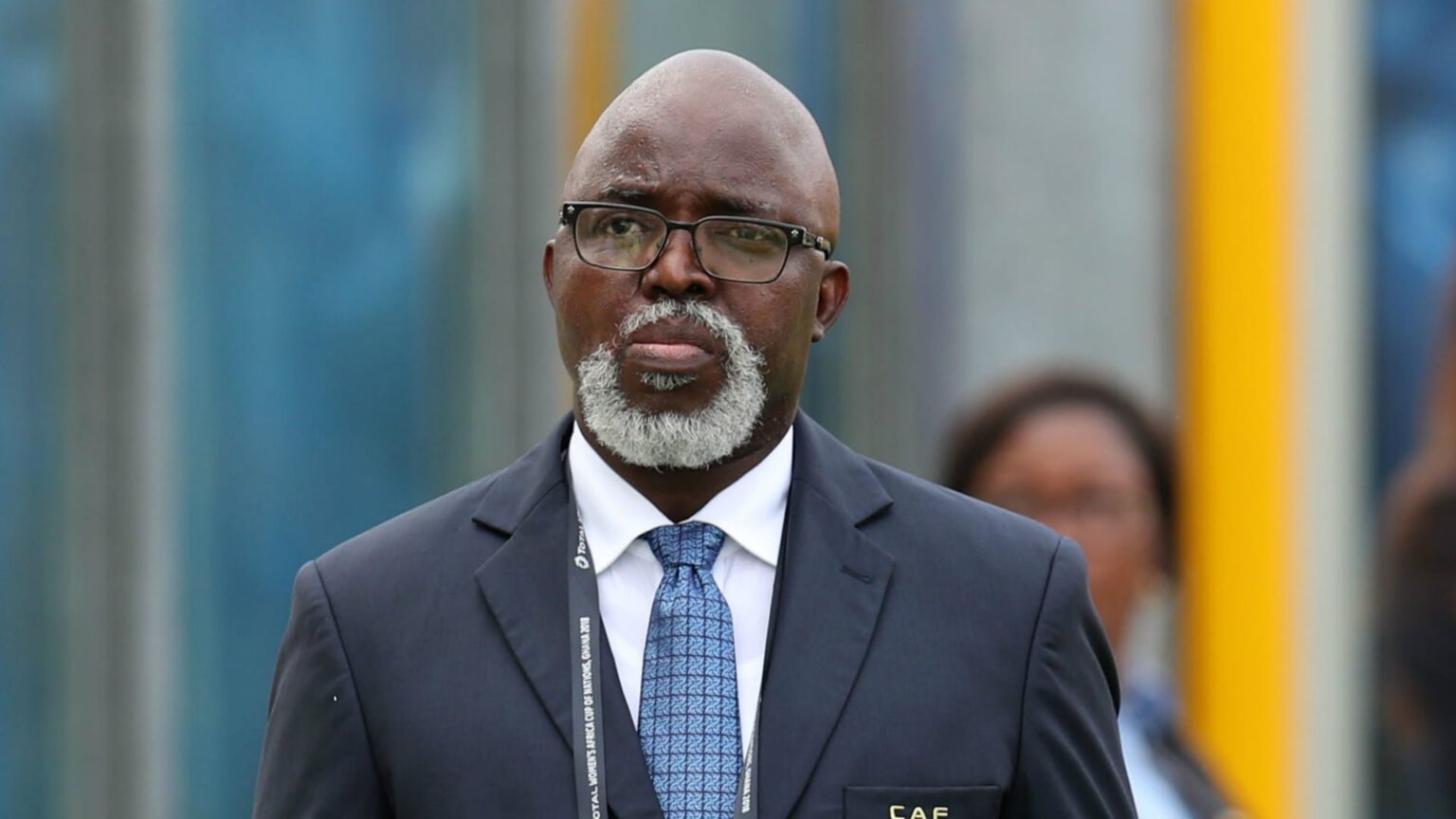

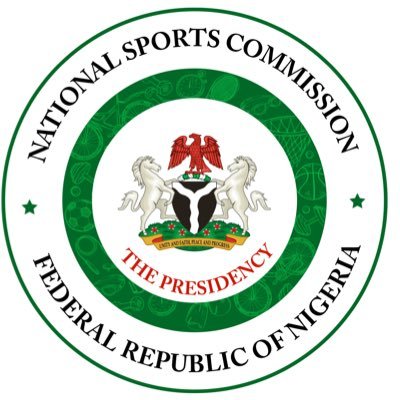
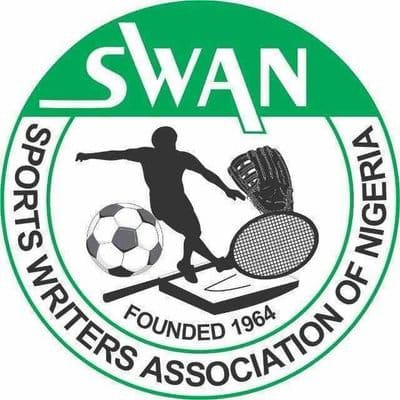
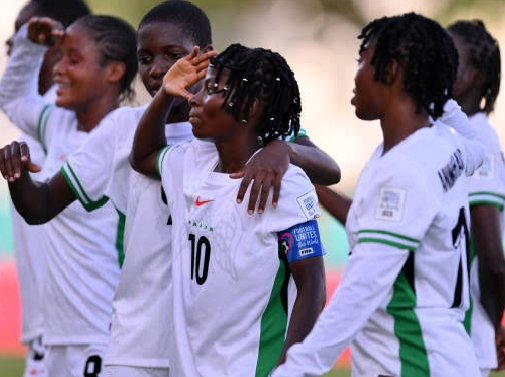


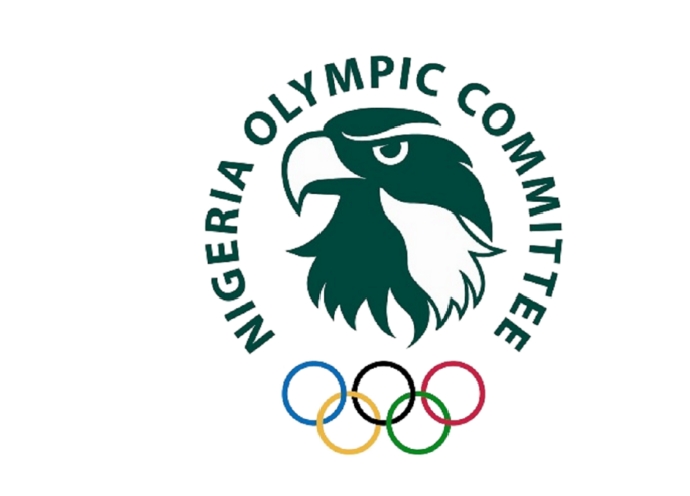


0 Comments:
Leave a Reply